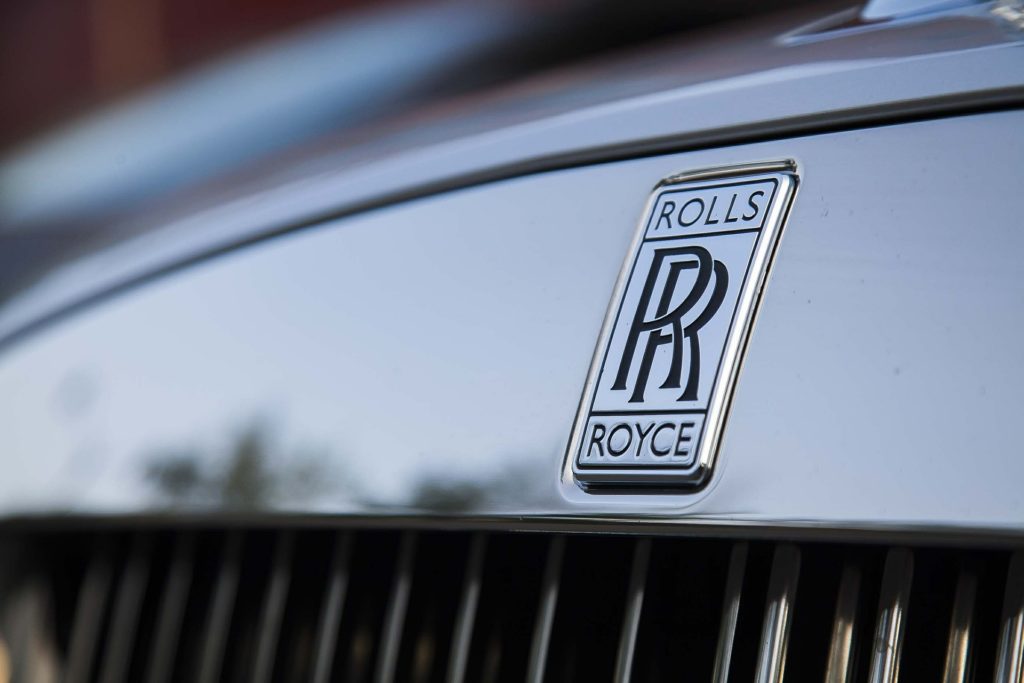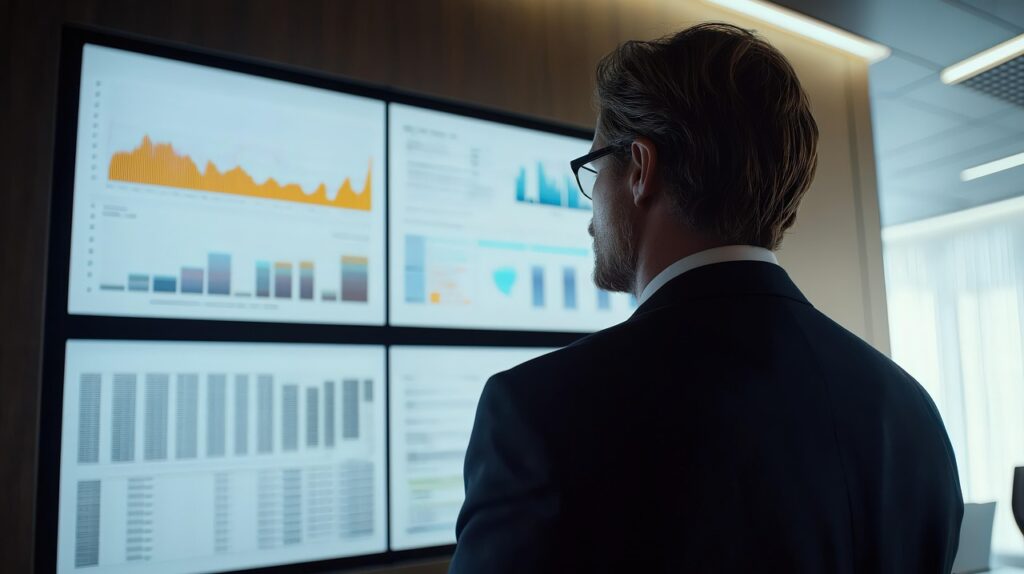The IT industry loves to hype new technologies—no surprise there. But during the past decade many of these promotional efforts has been throttled by what might be called the “iPhone Effect.” That’s the case when vendors pitch new technologies to consumers first, no matter how well-suited they may or may not be for those purposes.
You can see why this happens. With the iPhone, Apple created an essentially new market for web-enabled apps and content that eventually led the company to unimaginable riches. Problem is that few, if any, other technologies have caught eve a small portion of the iPhone’s lightning in a bottle.
So, strategies centering on consumer-focused products for technologies, like virtual reality (for entertainment), have mostly faltered, sullying the reputations of the technologies and players involved. Others—smart home devices are a good example—are tangled with incompatible standards and increasing privacy and security concerns.
That said, business-focused solutions leveraging these same technologies are proceeding apace. Industry-specific VR solutions are readily available, as are smart solutions for workplace and industrial settings. Why so? Because enterprises are willing to invest in new technologies when they believe they can capture significant, even profound business benefits.
A good example is this week’s announcement from Intel and Rolls-Royce concerning the latter’s Ship Intelligence platforms and Intelligent Awareness System solutions for commercial shipping. These offerings use AI-enabled sensor-fusion and decision-making capabilities powered by Intel’s Xeon Scalable chips and 3D NAND technologies to increase the intelligence, efficiency and safety of commercial ships. The companies also believe that the Intelligent Awareness System will provide the foundation for future autonomous shipping systems.
Let’s consider this further.
World trade depends on global shipping
That the world is far smaller than it once was is a cliché, but one based on practical experience. Available, affordable transportation means that you can get to some of the world’s remotest regions overnight. Shifting manufacturing to low cost producers regardless of their location has fundamentally changed the ways that goods are made and consumed. The Internet and wireless communications have transformed global markets in inconceivable ways.
But getting those products to customers is a whole different thing. A large majority of goods may be produced in Asia but only a fraction is consumed there. To reach lucrative international markets, manufacturers rely on a world shipping fleet consisting of over 100,000 vessels. In fact, that international fleet supports about 90 percent of world trade, making it vital to countless businesses, markets and economies.
The ships in those fleets are big and getting much, much bigger as shipping companies and their customers look for ways to maximize efficiencies and minimize costs. That’s sensible, but it also means that when severe or catastrophic mistakes and accidents occur—and they do, to the tune of over 100 per year over the past decade—they can be immensely damaging in economic, human and environmental terms.
Rolls-Royce + Intel
Rolls-Royce is obviously best known for its iconic automobiles, but the fact is that the company is also a leading vendor in civil and defense aerospace, commercial power systems and marine products. In fact, Rolls-Royce navigation and other equipment are used in about a quarter of the world fleet’s 100,000 vessels.
The company’s Ship Intelligence platform leverages Intel Xeon-based systems that also use Intel 3D NAND for onboard data storage and in on-land data centers. It is also evaluating Intel Optane SSDs for future use and Intel FPGAs to accelerate algorithm training using data collected in transit.
The volume of information collected daily is formidable—up to 1TB of compressed data from lidar, radar, thermal cameras, HD cameras, satellite data, weather forecasts and other sources. But that information enables the vessels and their crews to be more aware of their surroundings and improve safety by alerting them to objects and other potential dangers several kilometers away.
Autonomous guidance and piloting require even more sophisticated tools and solutions that are under development. Rolls-Royce recently demonstrated its Intelligence Awareness System with a pilot project aboard a 165m passenger ferry, Sunflower Gold, in Japan. The company believes it is on track to begin deploying autonomous fleets with Intel-based system components by 2025.
Final analysis
Billions of dollars are being invested in autonomous vehicles of every kind and size, but it seems likely that industrial applications will appear far faster and more successfully than widely hyped consumer products. Those include the new solutions announced this week by Rolls-Royce and Intel. The companies are well suited in numerous ways, including technologically and strategically. In addition, both have the ambition and reach necessary to develop and deploy truly global solutions.
It should also be noted that the stakes for improving the efficiency and safety of world shipping and trade couldn’t be higher. Hundreds of billions of dollars in goods are at stake at the same time that natural risks, including extreme weather events related to climate change, are on the rise.
In time, autonomous shipping systems are likely to evolve from something companies would like to have into solutions they need to use. Should that come to pass, Intel and Rolls-Royce will have the goods and services necessary to secure future generations of autonomous shipping.
- Dell Concept Luna – Inspiring Sustainable Innovations with Circular Design - December 21, 2023
- AI Alliance: IBM, Meta, Dell and 50+ Founding Partners Pursue Open, Transparent and Safe AI Innovation - December 13, 2023
- Dell Technologies: Creative Partnering = GenAI Innovation - November 30, 2023




Comments are closed.